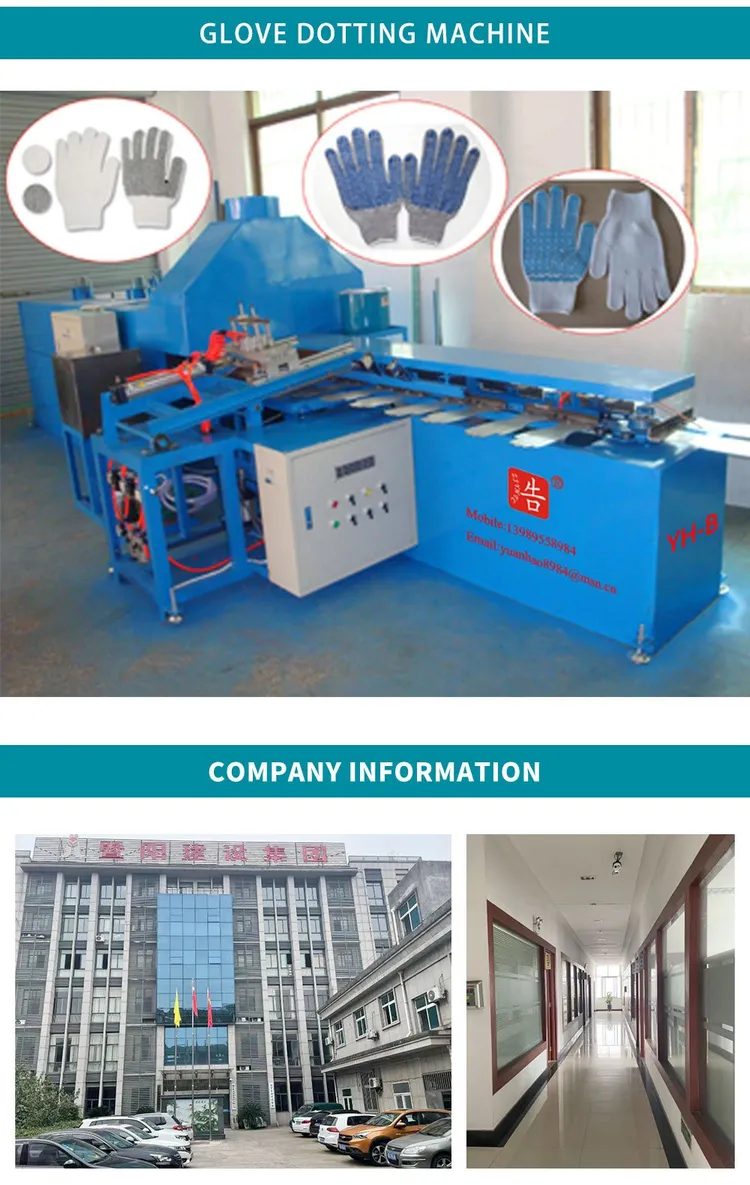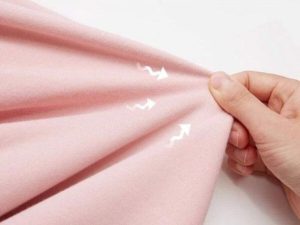In the competitive landscape of textile manufacturing, various types of yarn play a crucial role in producing a wide range of products. Among them, rubber-covered yarns and polyester blends are gaining traction for their versatility and functionality.
Diverse Types of Yarn

Manufacturers utilize different combinations of materials to create specialized yarns tailored to specific applications. Rubber-covered yarns, for instance, incorporate latex with either polyester or nylon, offering durability and elasticity. Common specifications include:
- Polyester Rubber Yarn: Made from latex and polyester, available in sizes 90
The minimum order quantity for these products is generally set at 500 kilograms, catering to substantial production needs.
Color Options and Applications
Yarns are available in a range of colors, including white, black, and other options based on customer requirements. This flexibility allows manufacturers to meet diverse market needs. The primary uses for these yarns include weaving, knitting, and creating essential items like socks, gloves, and knee supports.
Innovations in Sock Manufacturing
The rise of sock crochet machines is notable in this industry as they streamline the production process. These machines significantly enhance the efficiency of creating various sock designs, reflecting the evolving demands for both comfort and style in textile products.
Additionally, compression size sock machines have emerged as critical tools in response to the increasing consumer interest in compression garments. These machines cater to a growing market focused on health-oriented clothing innovations, further underscoring the importance of technological advancements in textile manufacturing.
Conclusion
As the textile industry continues to innovate, understanding the value and variety of yarns, along with the machines that produce them, becomes essential for manufacturers aiming to stay competitive.




